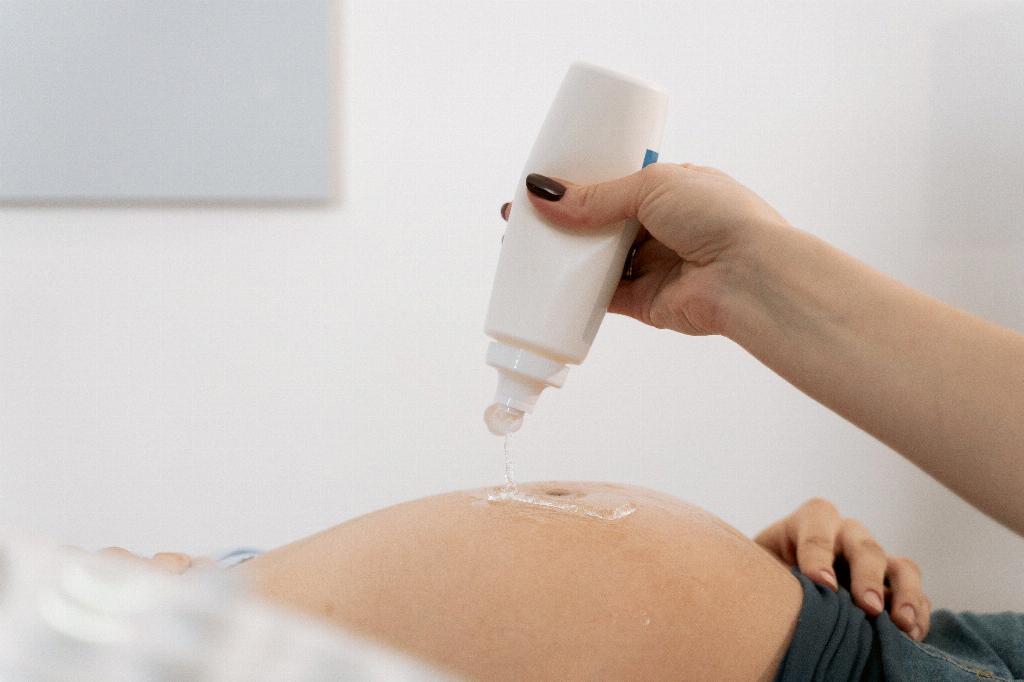When it comes to taking a pregnancy test, the last thing any woman wants is to receive a false negative result. It can be not only confusing but also emotionally distressing, especially if one is eagerly awaiting news of a possible pregnancy. However, it’s essential to understand that false negatives can occur, and the likelihood of experiencing one can vary based on multiple factors.
Timing Is Everything
One crucial factor that significantly impacts the accuracy of a pregnancy test is the timing of when it is taken. As per the facts provided, women testing before nine days after their menstrual period was due had a higher rate of false negatives compared to those who waited until after nine days. This emphasizes the importance of waiting for the right time to test to minimize the chances of an inaccurate result.
Understanding False Negative Rates
The statistics mentioned indicate that the false-negative rate for early testing is around 33%, which is quite high compared to the 21% rate seen in later testing. This means that if a woman tests too early, there is a one in three chance of receiving a false negative result, leading to potential confusion and disappointment.
Factors Affecting Test Accuracy
Several factors can affect the accuracy of a pregnancy test, including the sensitivity of the test, the concentration of hCG hormone in the body, and the timing of ovulation. Understanding these factors can help individuals make more informed decisions about when to take a pregnancy test to minimize the risk of a false negative.
Importance of Following Instructions
Another critical aspect to consider when taking a pregnancy test is following the instructions provided with the test kit. Failure to follow the guidelines, such as testing at the wrong time of day or using diluted urine, can also increase the chances of receiving a false negative result.
Emotional Impact of False Negatives
Receiving a false negative pregnancy test result can evoke a range of emotions, from confusion and doubt to disappointment and sadness. It’s essential for individuals to acknowledge these feelings and seek support if needed, as the experience can be emotionally challenging.
Seeking Professional Advice
If someone suspects that they may be pregnant despite receiving a negative test result, it is advisable to consult a healthcare provider for further evaluation. A doctor can perform a blood test, which is more sensitive than a home pregnancy test, to confirm or rule out pregnancy definitively.
Conclusion
In conclusion, while false negative pregnancy tests are not uncommon, understanding the factors that can influence test accuracy and following instructions carefully can help minimize the likelihood of receiving an incorrect result. It’s crucial to be patient, wait for the right time to test, and seek medical advice if there are persistent doubts or concerns regarding a possible pregnancy.

